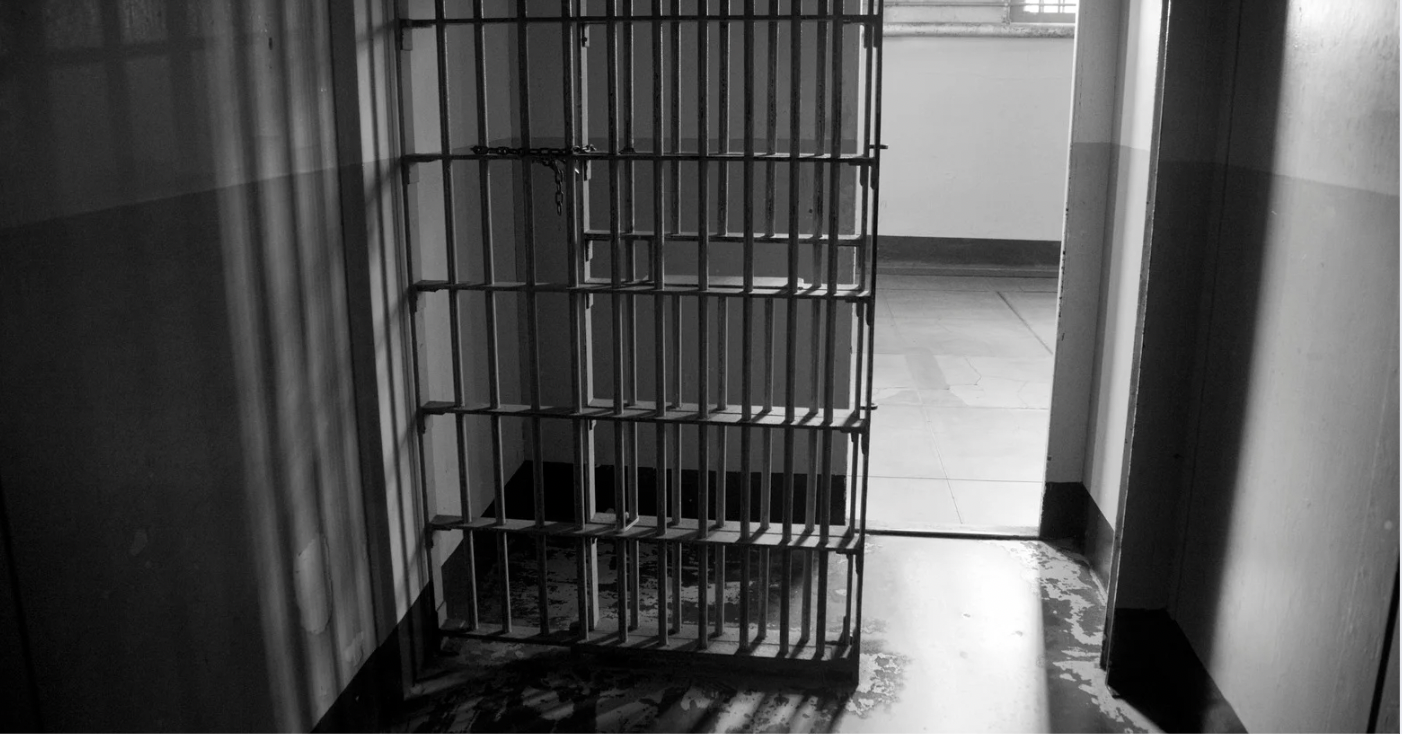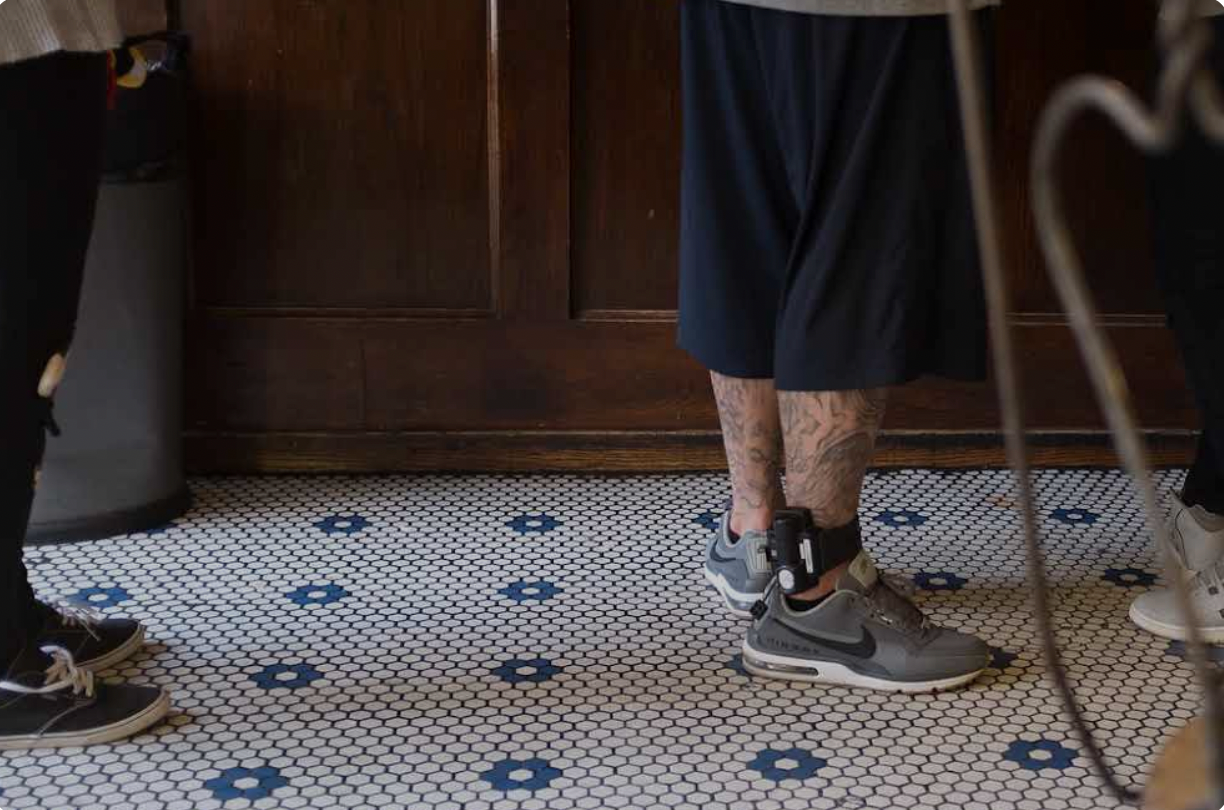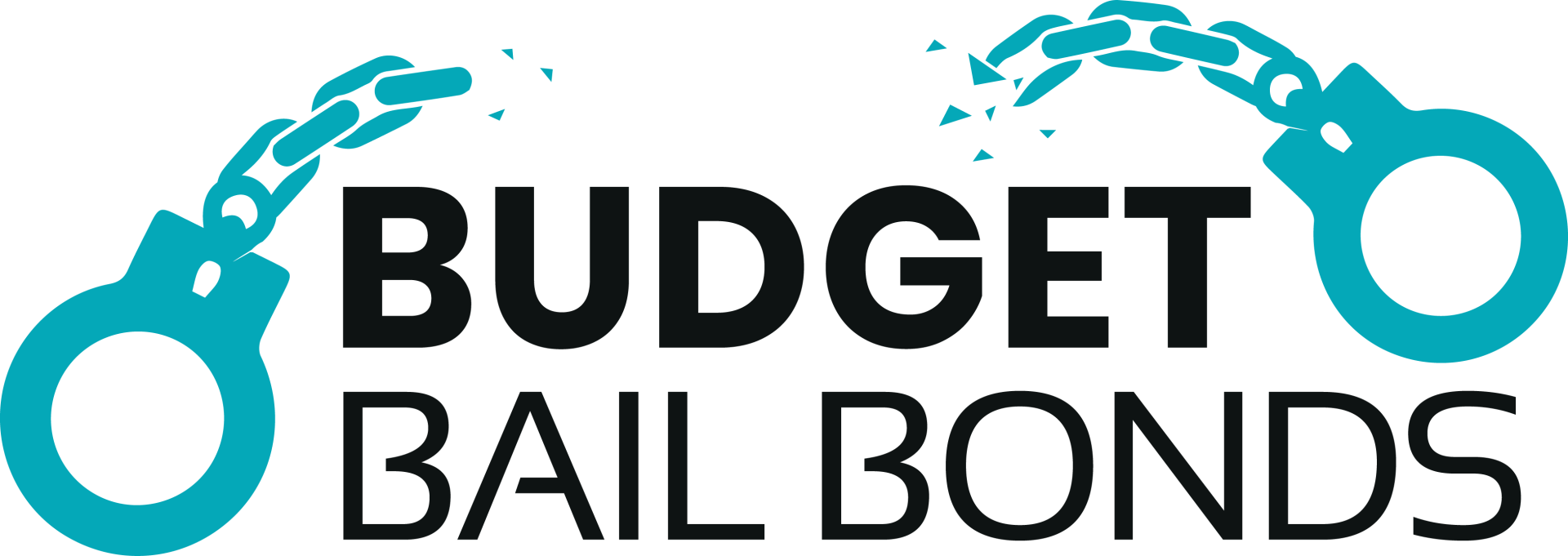How Does Bail Work in the US?
If you or a loved one has ever faced an arrest, you’ve likely heard the word “bail.” But what exactly does it mean, and how does it work in the U.S.? Bail is a legal mechanism that allows a defendant to be released from jail while awaiting trial. By posting bail, the defendant provides a financial guarantee that they will return to court. Let’s break down how bail works and what to expect during the process.
What Is Bail?
Bail is an amount of money set by a judge that acts as collateral to ensure a defendant returns for their court dates. When someone is arrested, they may be held in jail until a bail hearing, where the judge determines whether bail is appropriate and, if so, how much it will be. Bail amounts vary depending on factors like the severity of the crime, the defendant’s criminal record, and whether they pose a flight risk.
Types of Bail
There are several types of bail options available in the U.S.:
- Cash Bail
The full bail amount is paid in cash upfront. If the defendant attends all court hearings, the bail is refunded after the case is resolved. If they fail to appear, the money is forfeited. - Bail Bonds
Many people cannot afford to pay the full bail amount, which is where bail bonds come in. For a non-refundable fee (usually 10% of the bail amount), a bail bondsman posts bail on your behalf. This allows the defendant to be released without paying the entire amount upfront. - Personal Recognizance
In some cases, a judge may release a defendant without requiring bail if they believe the person is not a flight risk and will return to court on their own recognizance.
What Happens After Posting Bail?
Once bail is posted, the defendant is released from jail with the expectation that they will attend all court hearings. If the defendant fails to appear, a warrant may be issued for their arrest, and they risk losing the bail money or facing additional charges.
Need Help with Bail? Call Budget Bail Bonds Today!
Bail is your ticket to freedom while awaiting trial, but navigating the process—and paying the full amount—can be tough. Don’t stress! Budget Bail Bonds is here to help you secure fast, affordable bail 24/7. Contact us today and let us handle the details so you can focus on what matters most.











